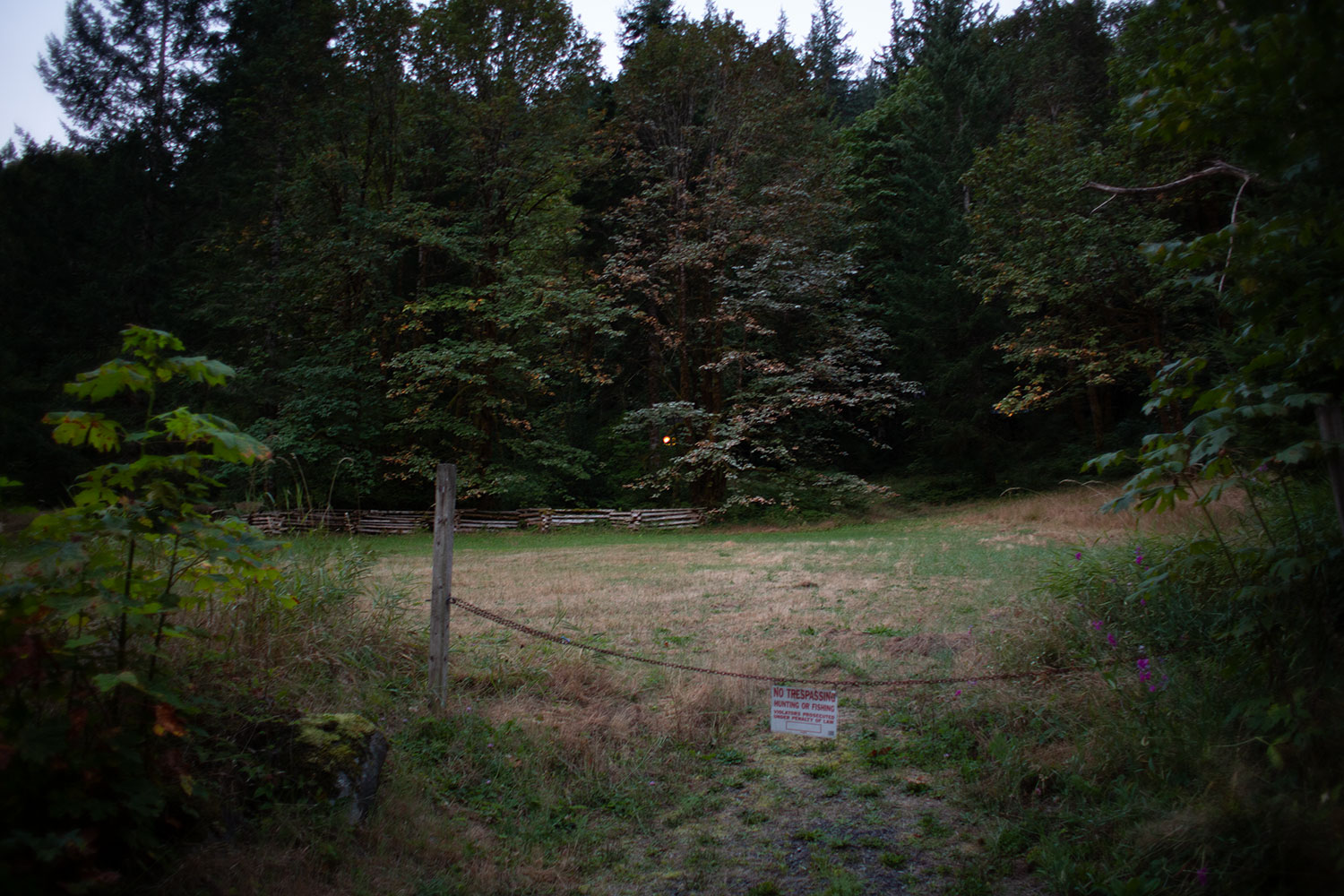September 2024
mythos
2 September 2024, around 9.05.
Here the compensation certain did not fall out as the dreamer would wish, by handing him a solution on a plate; rather it confronted him with a problem to which I have already alluded, and one which life is always bringing us up against: namely, the uncertainty of all moral valuation, the bewildering interplay of good and evil, and the remorseless concatenation of guilt, suffering, and redemption. This path to the primordial religious experience is the right one, but how many can recognize it? It is like a still small voice, and it sounds from afar. It is ambiguous, questionable, dark, presaging danger and hazardous adventure; a razor-edged path, to be trodden for God’s sake only, without assurance and without sanction.
lagging
5 September 2024, around 10.03.

Oh, the slumber before a delayed departure, when your feet are stuck in yesterday, when you sleep in a strange bed and the walls fall away and everything is packed and your feet are stuck and your arms bound by sleep.
modes and meanings
24 September 2024, around 18.47.

And many controversies have arisen simply from this, namely that men do not correctly explain their own meaning, or that they interpret incorrectly the meaning of another [person]. For in fact, when they most contradict each other, they either understand the same thing under different words, or a different thing under the same words so that those ideas which they suppose to be mistakes and absurdities in others, do not exist.
Adversaria (18)
30 September 2024, around 4.26.
‘The concentration and tension of psychic forces have something about them that always looks like magic: they develop an unexpected power of endurance which is often superior to the conscious effort of will.’ —C.G. Jung (Four Archetypes, trans. R.F.C. Hull, p. 97)
‘A chaise was like an apartment: wines and provisions in the north-facing room, clothes and books in the south-facing one. Everything a man needed, except less empty space and no need to move about. Only the horses moved; the man stayed still’ —Yury Tynyanov (The Death of Vazir-Mukhtar, trans. Anna Kurkina Rush & Christopher Rush, p. 188)
The civilized man has built a coach, but has lost the use of his feet. He is supported on crutches, but lacks so much support of muscle. He has a fine Geneva watch, but he fails of the skill to tell the hour by the sun. A Greenwich nautical almanac he has, and so being sure of the information when he wants it, the man in the street does not know a star in the sky. The solstice he does not observe; the equinox he knows as little; and the whole bright calendar of the year is without a dial in his mind. His notebooks impair his memory; his libraries overload his wit; the insurance office increases the number of accidents; and it may be a question whether machinery does not encumber; whether we have not lost by refinement some energy, by a Christianity entrenched in establishments and forms, some vigor of wild virtue. For every Stoic was a Stoic; but in Christendom where is the Christian?
‘All the old views—the Renaissance aesthetic contempt, the Enlightenment’s anticlerical sneers, the economic snobbery of the early twentieth century—are still alive. All are the products of ignorance and bias, the more surprising because the proponents of these views abhorred those evils and thought they were free of them. All are primarily negative. All are quite wrong. ’ —William Carroll Bark (Origins of the Medieval World, p. 109)
Our age yields no great and perfect persons. We want men and women who shall renovate life and our social state, but we see that most natures are insolvent, cannot satisfy their own wants, have an ambition out of all proportion to their practical force and do lean and beg day and night continually. Our housekeeping is mendicant, our arts, our occupations, our marriages, our religion we have not chosen, but society has chosen for us. We are parlor soldiers. We shun the rugged battle of fate, where strength is born.
